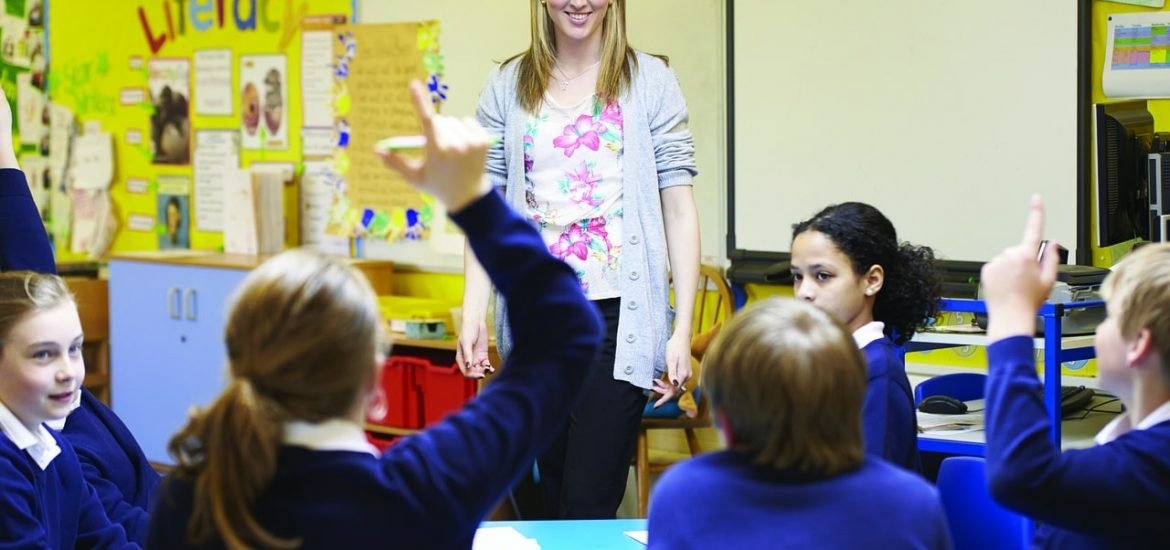
A team of researchers from the University of Aberdeen, UK, and the Technische Universität Dresden, Germany, review how learning with all their senses can help pupils learn in the classroom.
Many educational methods defend that using different sensory information and movement enhances learning. For example, watching gestures can help learn new vocabulary in a foreign language. A team of UK and German researchers wanted to assess how effective these approaches can be for students. They coined the term “multimodal enrichment” to refer to using multiple senses and movement during teaching. Numerous studies show it can be very effective in enhancing learning, and practical experiments in classrooms show similar results.
As part of their review, the authors evaluate how these methods impact the brain. Using different senses to learn a new skill is associated with brain areas involved in perception and motor function. For example, using a new word in a foreign language may elicit activity in regions of the brain involved with motor skills if the word was associated with a particular gesture when learning. This makes the student understand better when to use this particular word.
“The brain is optimized for learning with all the senses and with movement. Brain structures for perception and motor skills work together to promote this type of learning. We hope that our deeper understanding of the brain’s learning mechanisms will facilitate the development of optimal learning strategies in the future,” explains Brian Mathias from the University of Aberdeen.
“The results of the literature we reviewed contribute to our understanding of why several long-used learning strategies, such as parts of the Montessori method, are effective. They also provide clear clues as to why some approaches are not as effective. Recently uncovered neuroscientific mechanisms may inspire the updating of cognitive and computational theories of learning, providing new hypotheses about learning. We anticipate that such an interdisciplinary and evidence-based approach will lead to the optimization of learning and teaching strategies in the future for both humans and artificial systems,” added Katharina von Kriegstein from Technische Universität Dresden.
Overall, these findings help us understand why some educational strategies, such as the Montessori Method, are effective. The authors also hope that they will develop new learning strategies to help students learn better in the classroom or other environments.
Mathias B, von Kriegstein K (2023) Enriched learning: behavior, brain, and computation. Trends in Cognitive Sciences, 27: 81-97, https://doi.org/10.1016/j.tics.2022.10.007